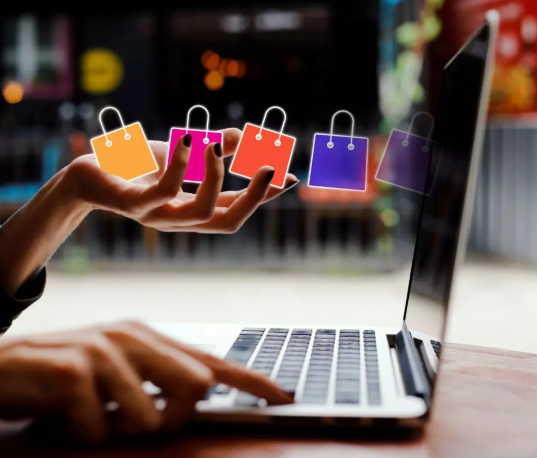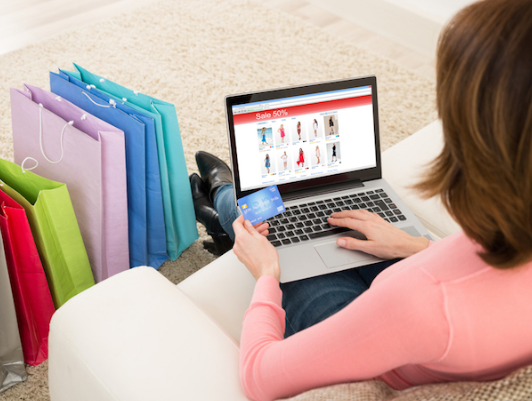In the age of online shopping, promo codes and coupons have become indispensable tools for savvy consumers looking to save money. Whether it’s a percentage off, free shipping, or a buy-one-get-one-free deal, these discounts can make even the most mundane shopping experience feel exciting. But there’s more to coupon use than simply saving a few bucks—there’s a deep psychological element at play. Understanding the psychology behind why shoppers love promo codes can reveal how marketers tap into human behavior to boost sales, increase customer loyalty, and create a sense of satisfaction that goes far beyond the product itself.
1. The Thrill of Getting a Deal
One of the primary psychological drivers behind coupon usage is the excitement and sense of accomplishment that comes with “getting a deal.” Humans are hardwired to seek out rewards, and finding a promo code that reduces the price of an item is like a small victory. The act of entering a coupon code and seeing the price drop triggers a positive emotional response, as the brain associates the action with gaining a reward. This sensation is similar to the thrill of winning a small game, and it creates a dopamine rush that reinforces the behavior. For many shoppers, the act of finding and using a promo code becomes as satisfying as the purchase itself.
2. The Perception of Value
Promo codes don’t just save money—they alter the way consumers perceive the value of a product. When a shopper uses a coupon, they feel as though they’re getting more for their money, which enhances their sense of value. This is often why shoppers can be willing to buy items they don’t initially need, simply because they perceive the savings as an opportunity they can’t pass up. The psychological concept of “loss aversion” plays a role here: people are motivated to avoid feeling like they’ve missed out on a good deal. This can lead to impulsive purchases or the desire to purchase more than originally intended, just to capitalize on the perceived savings.
3. Social Proof and FOMO (Fear of Missing Out)
Another powerful psychological factor is the influence of social proof and the fear of missing out (FOMO). Many shoppers are motivated by seeing others using promo codes or hearing about limited-time offers. Promo codes that are tagged as “exclusive” or “limited time only” activate a sense of urgency. The idea that the deal won’t last forever can push consumers to make a purchase they might have otherwise delayed. Furthermore, seeing others share their promo code successes on social media or among friends can increase the desire to engage in the same behavior. Shoppers often feel that by using a coupon, they are part of a broader trend or movement, which taps into their desire for social belonging.
4. The Power of Reciprocity
The principle of reciprocity, a core concept in psychology, also plays a significant role in the effectiveness of promo codes. When shoppers receive something “free” or discounted, they feel an unspoken obligation to return the favor by making a purchase. Retailers know this, which is why offering a coupon or promotional code can make consumers more likely to buy. This sense of indebtedness is especially strong when the discount feels like a gift, such as when a retailer offers a surprise discount or a special code for a first-time shopper. This tactic is often used to convert casual browsers into paying customers, with the expectation that the perceived “gift” will lead to a purchase.
5. Creating a Sense of Control
Using promo codes can also make consumers feel like they have more control over the shopping process. Shopping can sometimes feel like a passive activity, where consumers are simply paying for goods and services. However, when shoppers actively search for and apply promo codes, they are taking an active role in shaping their purchasing experience. This sense of empowerment can boost feelings of satisfaction, as they believe they are making smarter, more informed decisions. This psychological control over the purchasing process can enhance the consumer’s overall experience, leading to higher customer satisfaction and loyalty.
6. Rewarding Loyalty and Building Brand Affinity
Promo codes are also frequently used as a tool for building brand loyalty. Retailers often offer discounts to repeat customers or as part of a customer rewards program, which reinforces the shopper’s connection to the brand. The act of receiving a special coupon code as a return customer not only makes shoppers feel appreciated, but it also fosters a sense of exclusivity. This taps into the human desire for recognition and social status, creating a positive association with the brand. Over time, customers may continue to shop with the same retailer simply because they feel they are receiving special treatment through exclusive deals.

The love for promo codes and coupons goes far beyond just saving money—it taps into deep psychological triggers that influence consumer behavior. From the thrill of getting a deal and the perception of value to the power of social proof and reciprocity, using promo codes can generate feelings of excitement, empowerment, and satisfaction. Marketers have long understood these psychological principles, leveraging them to create powerful sales tactics that encourage customers to shop more frequently and spend more. For consumers, the excitement of using promo codes may feel like a small victory in the often overwhelming world of shopping, but it’s this very psychological gratification that makes promo codes a powerful tool in driving both consumer behavior and brand loyalty.
